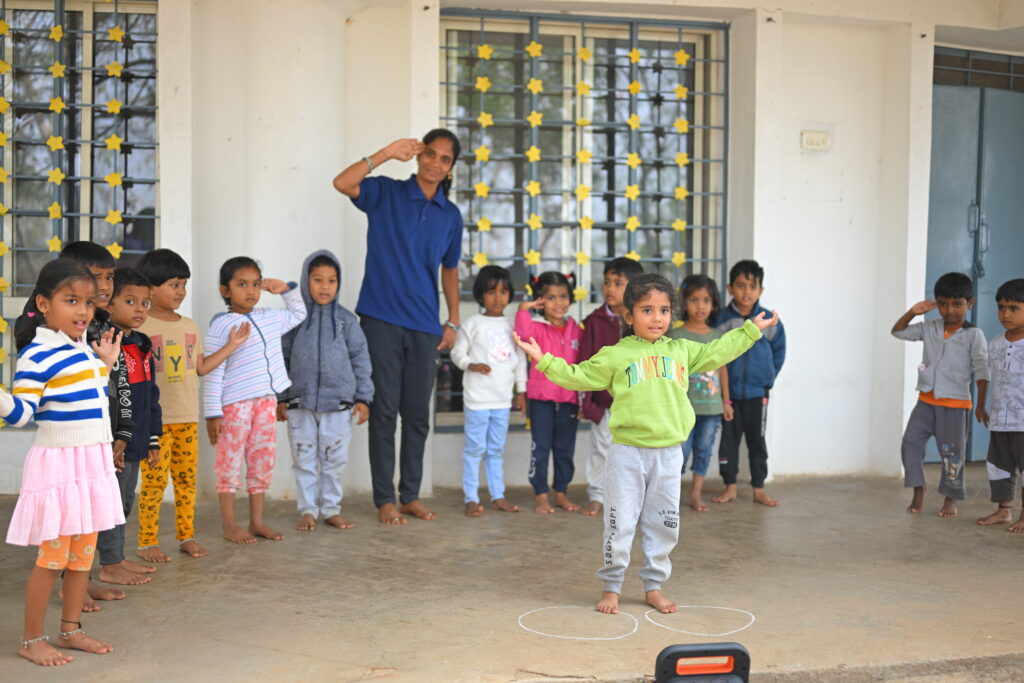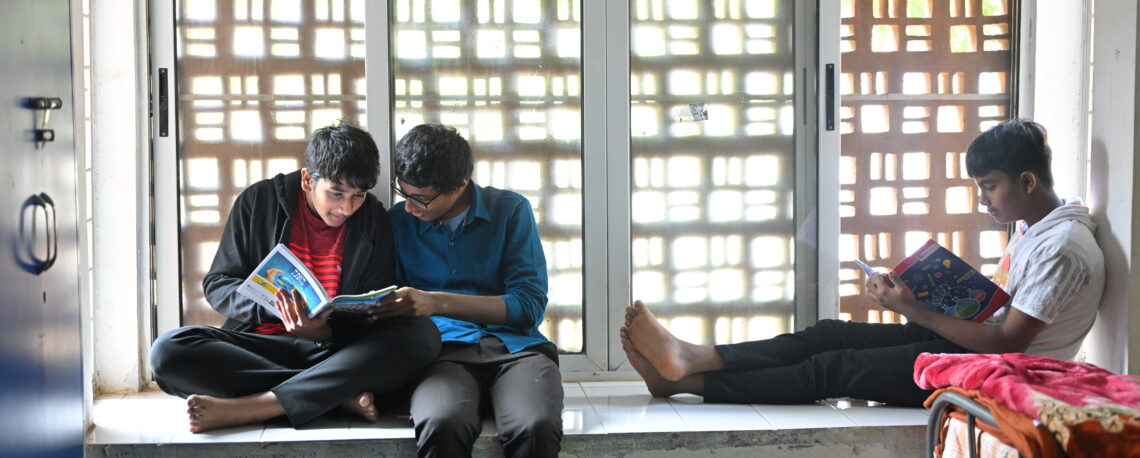Nurturing the Soul: A Journey into Parenting According to Sri Aurobindo

Parenting is a profound and transformative journey, marked by joy, challenges, and the continuous growth of both parent and child. Sri Aurobindo, a philosopher, yogi, and spiritual teacher, offers a unique perspective on parenting that goes beyond conventional norms. In this blog, we explore the principles and insights of parenting according to Sri Aurobindo, delving into a holistic approach that encompasses the physical, emotional, and spiritual dimensions of the parent-child relationship.
- Conscious Parenting:
Sri Aurobindo emphasizes the importance of conscious parenting, which involves being aware and present in every moment of the parenting journey. Conscious parenting requires cultivating a deep connection with one’s inner self, allowing parents to respond to their children with love, understanding, and patience. By fostering mindfulness, parents can create a nurturing environment that supports the child’s overall well-being.
- Spiritual Growth:
According to Sri Aurobindo, parenting is not only about raising children but also an opportunity for the spiritual growth of both parents and children. He suggests that parents should view their role as spiritual guides, helping children discover their inner potential and purpose. By integrating spiritual practices into family life, such as meditation and self-reflection, parents can create a sacred space for the spiritual development of the entire family.
- Education as Unfolding of the Soul:
Sri Aurobindo’s philosophy of education focuses on the unfolding of the soul rather than the mere accumulation of knowledge. Parents are encouraged to recognize and nurture the unique qualities and talents of their children, allowing them to blossom into their authentic selves. This approach involves fostering a love for learning, creativity, and a deep appreciation for the interconnectedness of all aspects of life.
- Integral Development:
Sri Aurobindo advocates for the integral development of the child, encompassing physical, emotional, intellectual, and spiritual dimensions. Instead of compartmentalizing education and growth, parents are encouraged to provide a holistic environment that supports the harmonious development of all aspects of the child’s being. This approach acknowledges the interconnectedness of mind, body, and spirit in the process of growth and learning.
- Transformational Discipline:
Discipline, according to Sri Aurobindo, is not about punishment but a means of guiding and transforming the child’s behavior. Instead of imposing strict rules, parents are invited to cultivate a relationship based on mutual respect and understanding. By helping children understand the consequences of their actions and encouraging self-reflection, parents can foster a sense of responsibility and self-discipline in their children.
Conclusion:
Parenting according to Sri Aurobindo is a journey of self-discovery and spiritual growth, where parents play the role of guides in their children’s evolution. By embracing conscious parenting, spiritual development, and integral education, parents can create a nurturing environment that allows their children to unfold their true potential. In this holistic approach, the parent-child relationship becomes a sacred and transformative journey for both parties involved.

